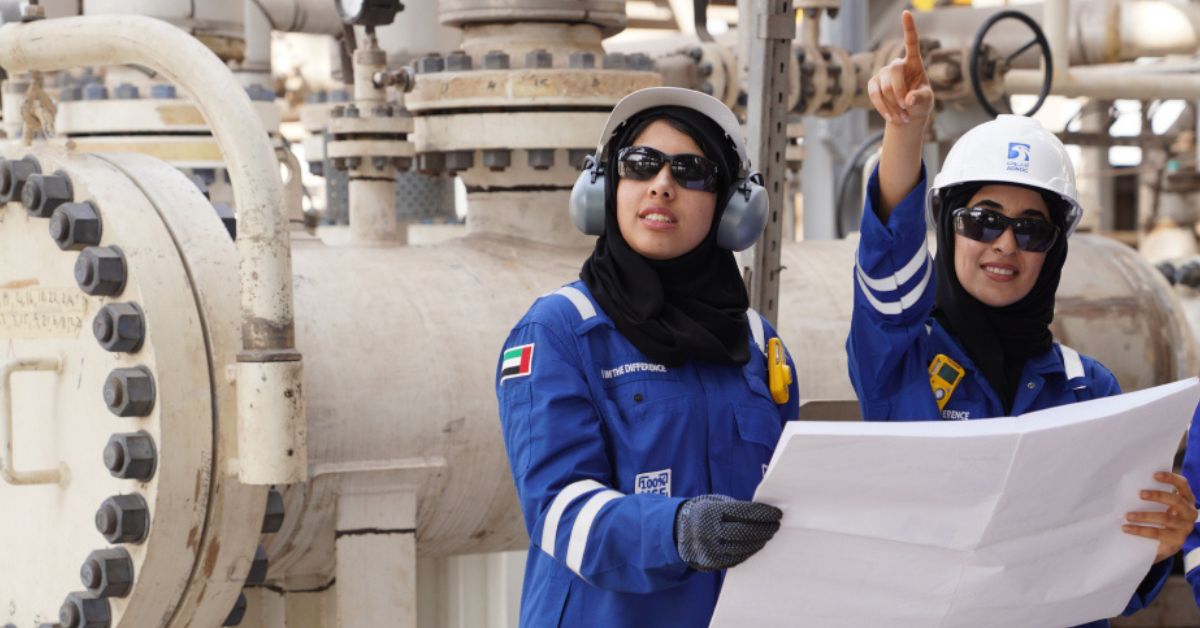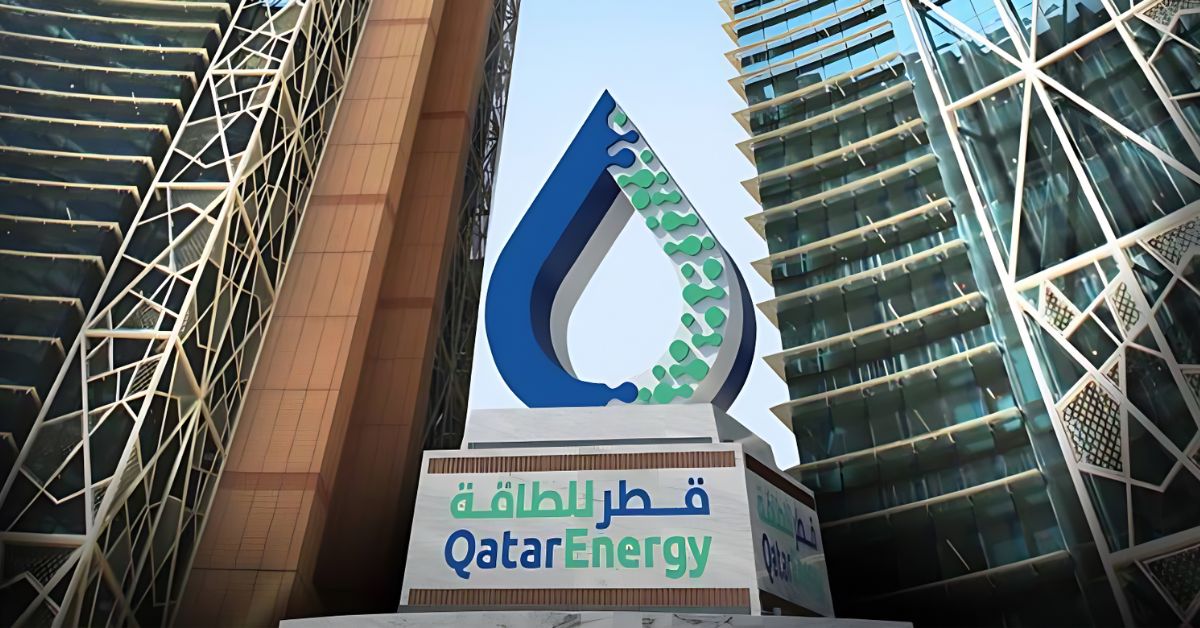DUBAI, UAE — Since the start of the Russian-Ukrainian war in February 2022, Europe has been working hard to diversify its energy sources, particularly natural gas, after becoming 40 percent dependent on gas from Moscow.
Only the Arab Gulf countries, particularly Qatar, the UAE, Oman, and Saudi Arabia, have provided a significant alternative to natural gas for European countries. As a result, Arab gas has gradually penetrated the European market through several long-term agreements.
Oman
On August 14, 2023, Oman announced the conclusion of an agreement with Germany to export approximately 400 thousand metric tons of liquefied natural gas annually, beginning in 2026 and lasting four years. According to the Oman LNG Company, the first agreement was signed with the German company “Civi,” which specializes in securing energy for Europe.
“The signing of the binding clauses agreement with Civi Company is an important step that consolidates the position of Omani liquefied gas exports in the global markets in general, and the German markets in particular,” said Mahmoud Al Balushi, Head of Commercial Operations at the Omani company.
“This agreement aims to support Oman’s economy by strengthening strategic partnerships with customers worldwide and benefiting from German technologies in this vital sector, representing gains for both parties,” he added.
Because the “Civi” company benefits from Omani liquefied gas exports, the agreement aims to strengthen strategic partnerships between Oman and international energy companies. This crucial agreement also marks the first liquefied gas contract with a German company, contributing to the company’s ongoing efforts to find new markets worldwide, particularly in Europe.
Oman LNG signed a 10-year agreement in January 2023 with the French company Total Energies to supply it with 800,000 metric tons per year, beginning in 2025.
Qatar
Qatar has the most clout in the gas sector among the Arab Gulf countries, so European talks do not end with Doha as the first alternative to Russia. Qatar is the world’s largest exporter and producer of liquefied gas through its state company, Qatar Energy, with a market share of more than 20 percent.
According to S&P Global Ratings, Qatari LNG could cover about 13 percent of Russian gas imports to the European Union and the United Kingdom. According to the International Energy Agency, Russia contributed about 40 percent of Europe’s natural gas supplies in 2021, or approximately 158 billion cubic meters.

In addition, as part of recent agreements between Qatar and Europe, Doha announced in November that it had received approval to supply Germany with two million tons of liquefied gas annually for at least 15 years, beginning in 2026.
On this agreement, Qatar Energy CEO Saad bin Sherida Al-Kaabi stated that Germany is Europe’s largest gas market, emphasizing Qatar’s commitment to supporting its energy security.
In press statements at the time, Al-Kaabi stated that the supply of liquefied natural gas would be made possible by two projects to expand the production of liquefied natural gas in the north-eastern and north-south fields.
He emphasized that the agreement is Germany’s first long-term supply agreement for liquefied natural gas.
The UAE
The UAE has also made inroads into the European gas market. During a visit to Abu Dhabi last September, German Chancellor Olaf Schultz agreed with the UAE to supply Germany with liquefied gas and diesel in 2022 and 2023.
The agreement reflects a new strategic partnership in accelerating energy security and industrial growth. It aims to accelerate the implementation of projects of common interest in energy security, emissions reduction, and climate action.
It was also stated that “according to the agreement, the Abu Dhabi National Oil Company (ADNOC) concluded a contract to supply liquefied natural gas to the German company RWEAG, according to which the Emirati company will export the first shipment of liquefied natural gas to Germany, and receive it in late 2023 for use.
According to WAM, ADNOC has allocated additional shipments of liquefied natural gas to its customers in Germany under the agreement, which will be delivered at the end of 2023.
Moreover, in May 2023, ADNOC Gas announced the signing of a $1 billion agreement to supply liquefied natural gas to the French Total Energies group for three years.
According to the company, under the agreement, it will export “liquefied natural gas” to various export markets worldwide.
Saudi Arabia
Saudi Arabia has a limited presence on the natural gas map. Still, it is actively seeking to participate in supplying Europe with its gas production and other energy resources, though no bilateral agreement has been signed to date.
In October, Saudi Energy Minister Prince Abdulaziz bin Salman stated that his country is looking forward to supplying more of its production to Europe.
“We are working with many governments,” he said, “including Germany, Poland, the Czech Republic, Croatia, Romania, and others.”

